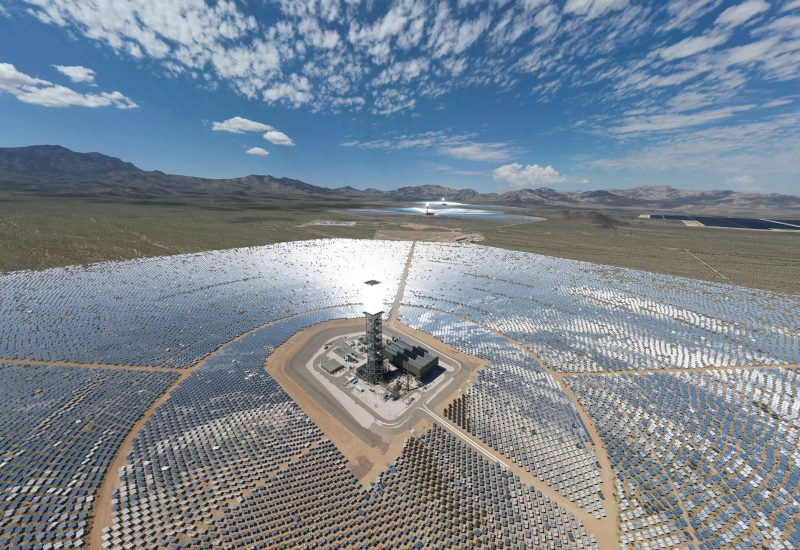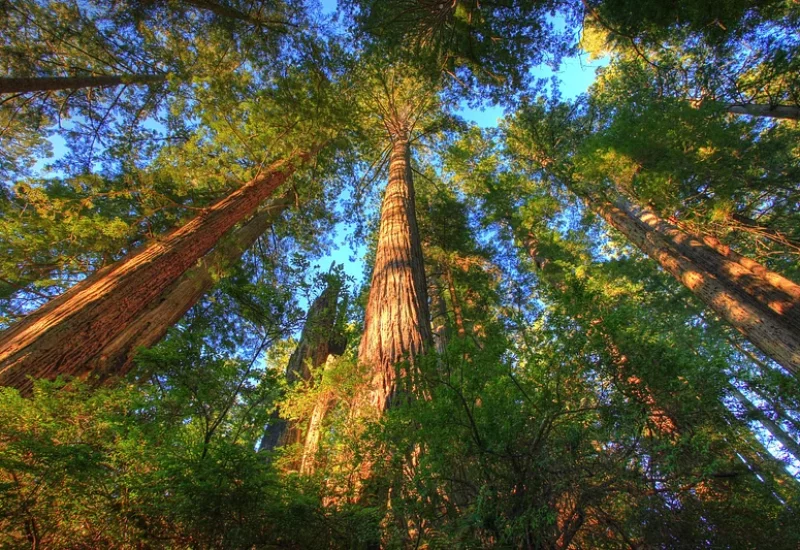The impacts of climate change are already being felt in communities across the country.

Chicago is as hot as Las Vegas: U.S. climate report demands action
There are few news cycle windows as “dead” as the Friday after Thanksgiving in the United States, which usually means people are on holiday, visiting families, watching sports or out shopping the deals. Yet that’s when the administration under U.S. President Donald Trump elected to release a key climate report.
Like the difficult news and the challenge of a changing climate itself, the Fourth National Climate Assessment didn’t just go away. The White House may have downplayed the findings of its own government, but plenty of climate scientists, environmental advocates and American citizens won’t be.
The report is required at least every four years under U.S. law, and must communicate the impact of existing changes on agriculture, transportation, health, energy and other topic areas. The U.S. Congress also mandates that the high-level climate report describe trends and projections for a 100-year window. It is created by more than 300 experts, alongside 1,000 citizen participants in 40 cities.
This time, the news wasn’t good, and that came as little surprise to citizens concerned about record-setting wildfire in California, devastating hurricanes and other developments tied to climate change.
“The impacts of climate change are already being felt in communities across the country,” the authors said.
“More frequent and intense extreme weather and climate-related events, as well as changes in average climate conditions, are expected to continue to damage infrastructure, ecosystems, and social systems that provide essential benefits to communities,” the assessment team continued. “Future climate change is expected to further disrupt many areas of life, exacerbating existing challenges to prosperity posed by aging and deteriorating infrastructure, stressed ecosystems, and economic inequality.”
There are a few bright spots in a report that otherwise paints a dire portrait in a nation where the current political leadership rejects climate science and priorities, and the political will to act on them. Energy was one of them: Increases in renewable energy and coal replaced by natural gas, along with improved policies at every level of government, continue to drop the level of greenhouse gas emissions.
But in energy, as elsewhere, change is not happening fast enough. “This assessment shows that more immediate and substantial global greenhouse gas emissions reductions, as well as regional adaptation efforts, would be needed to avoid the most severe consequences in the long term,” the authors warn.
The snowy Midwest city of Chicago, for example, is likely to have as many 38C days as the desert city of Las Vegas in another 25 years, under a high-impact scenario. That comes with much more humidity, overnight lows that don’t allow for recovery, and a soaring risk of heat-related illness and fatalities.
Droughts, floods, sea level rise, extreme heat and insect-borne disease – the report offers a litany of intersecting and potentially cascading crises that might push some into an apocalyptic-level despair. Yet that’s not its intent, and respected voices in climate science are framing the findings as an empowering call to action.
“Some amount of impacts are inevitable. It’s as if we’ve been smoking a pack of cigarettes every day for decades,” said Dr. Katharine Hayhoe, a report author and director of the Climate Science Center at Texas Tech University, in an interview with National Public Radio. “But the time to stop smoking is now, and we absolutely can avoid the worst impacts if we act now. And that’s what this report really lays out very clearly.”








